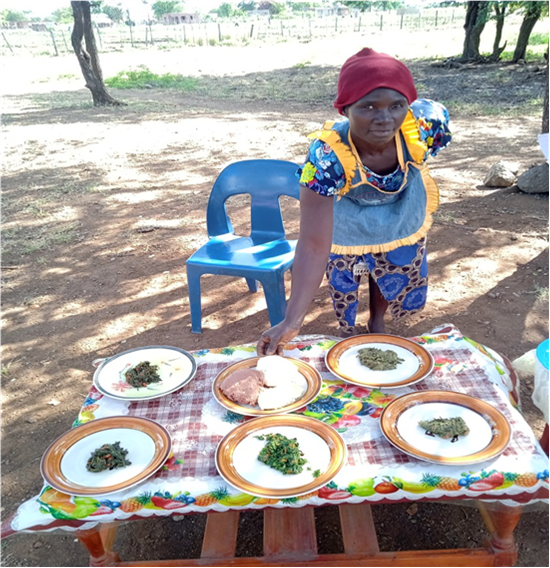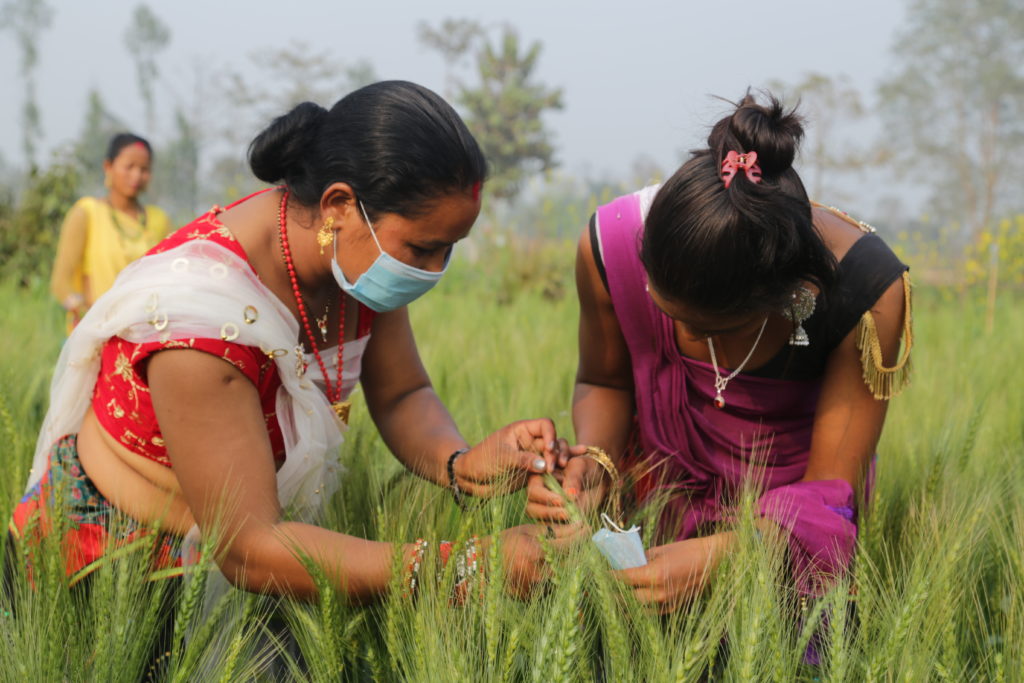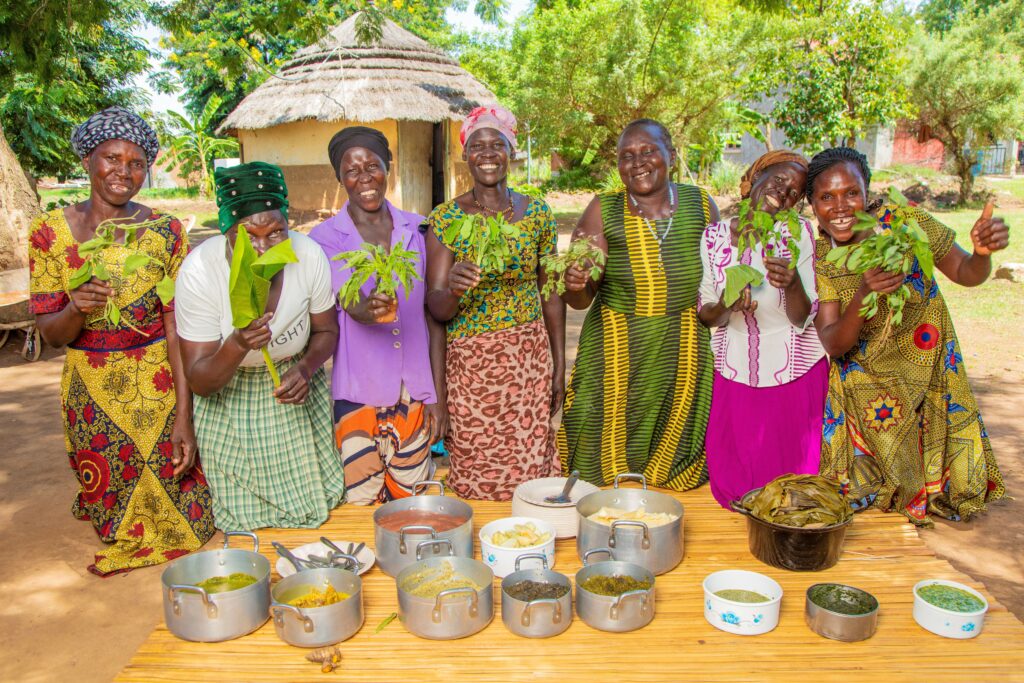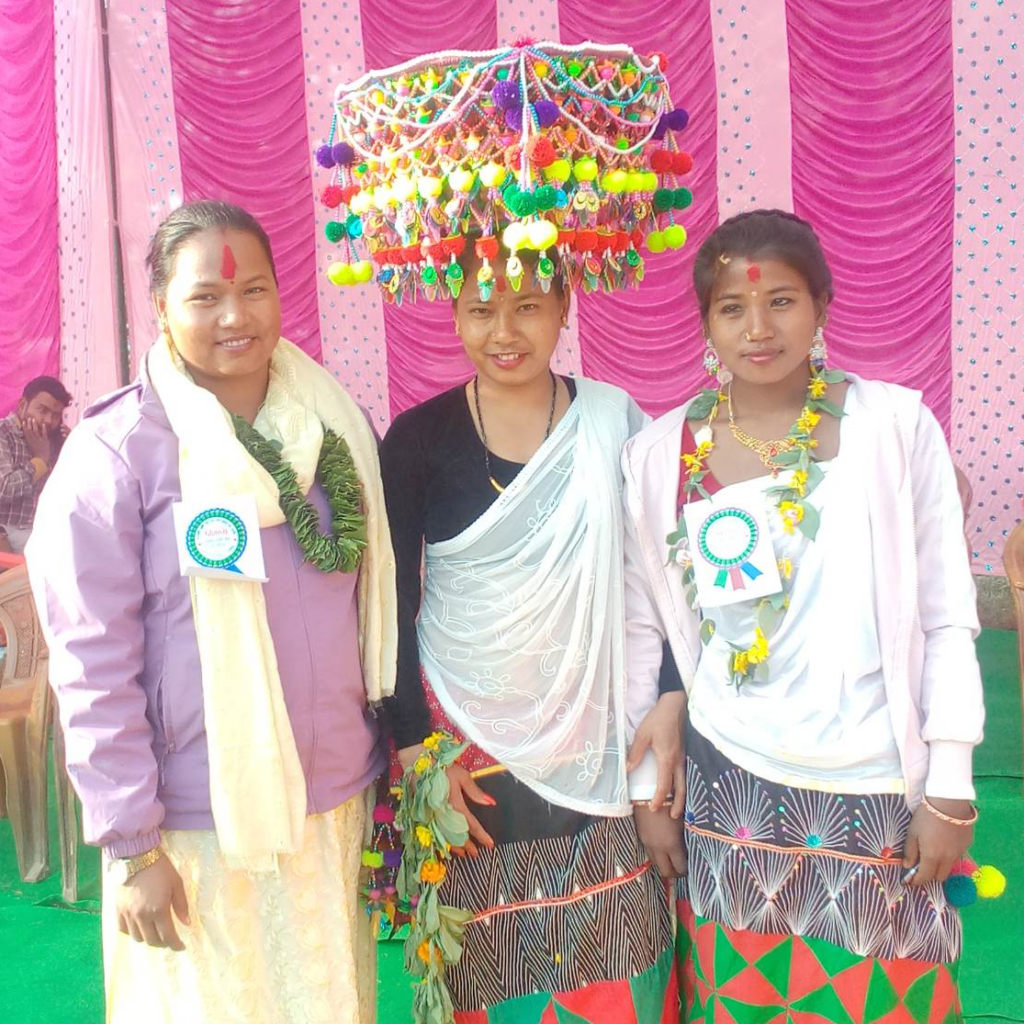By Pardon Sithole
Women in Africa have played a crucial role in ensuring household food and nutrition security. They have taken on responsibilities in crop production, meal preparation, and diversifying family diets to meet varying nutritional needs. Sylvia Zimboko, a farmer from Zimbabwe’s southeastern lowveld, faced challenges due to recurrent droughts and long dry seasons in the region. However, three years ago, the Sowing Diversity = Harvesting Program (SD=HS) introduced the Farmer Field School (FFS) concept, and Sylvia and her neighbors formed the Dhlalahuma FFS.
The FFS focused on promoting nutrition and utilizing local food plants in their area. This initiative aimed to encourage the consumption and promotion of local food plants in the community. Sylvia emphasized that many indigenous vegetables were overlooked, often considered “poor man’s food” or inferior because of their local availability. The program educated farmers, providing capacity building and technical knowledge to identify food gaps and resources within their area.
Through collaborative efforts with local nutritionists and technocrats, the farmers gained insights into the nutritional value of these foods. They discovered how indigenous vegetables like amaranth leaves, spider plants, dandelions, and mushrooms could address micronutrient deficiencies prevalent in their community, such as iron, vitamin A, and zinc.

Sylvia Zimboko is demonstrating her cooking made by the Local Food Plants
The Dhlalahuma FFS emphasized various techniques including fruit harvesting, seed germination, food preservation, cooking demonstrations, and social marketing. The involvement of more women in the group led to an increased impact. The community now recognizes the roles of women farmers in addressing nutritional challenges and promoting the consumption of local food plants for dietary diversification.
The efforts of Dhlalahuma FFS not only empowered women farmers with knowledge and skills but also improved food security and diversity in the community. By collaborating with local markets and consumers, the FFS raised awareness and created demand for these nutritious and culturally significant food plants, expanding market opportunities for local farmers.
Sylvia Zimboko’s story serves as an inspiring example of how individuals can address food scarcity and promote dietary diversity by harnessing local food plants. Through determination and innovation, Sylvia and her team are finding solutions to tackle the nutritional challenges faced by their community.









